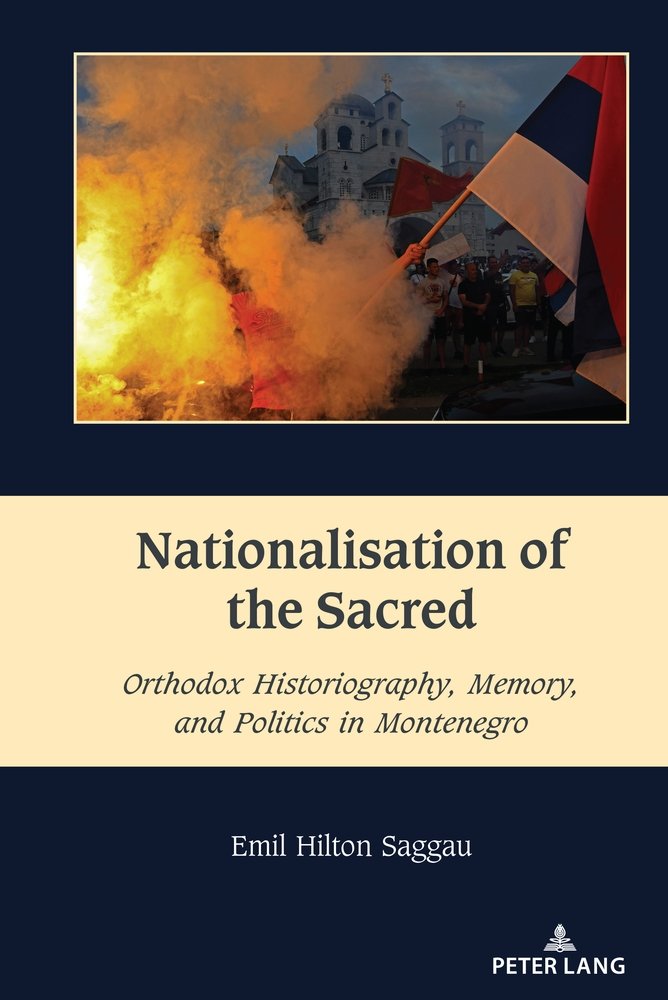The Eastern Orthodox Churches in post-communist Eastern Europe are embroiled in long-running conflicts over ownership of territory, saints, sites, nations, and history. These often violent conflicts reflect political and national rivalries, most explicitly in former Yugoslavia and Ukraine. They are often understood as simplified ethnic-national tensions with religious overtones, but, as this book demonstrates such an assessment overlooks the deeper theological and historiographical framework.
Nationalisation of the Sacred offers a detailed analysis of the theological backdrop to these conflicts. It analyses how various strands of Eastern Orthodoxy have adapted to the contemporary political context, a process where history, memory, and politics are transformed to fit the needs of rival nations and churches. The book provides an in-depth analysis of this process and the transformations in church-related conflicts in post-communist Montenegro, where the Serbian Orthodox Church has been pitted against a rival Montenegrin church and Montenegrin government.
Additionally the book provides an up-to-date and unique analysis of Eastern Orthodox historiography, modern Serbian theology, religion in Montenegro more broadly, and the roots of the violent clash between Orthodox believers and the Montenegrin government in 2019-2021.


